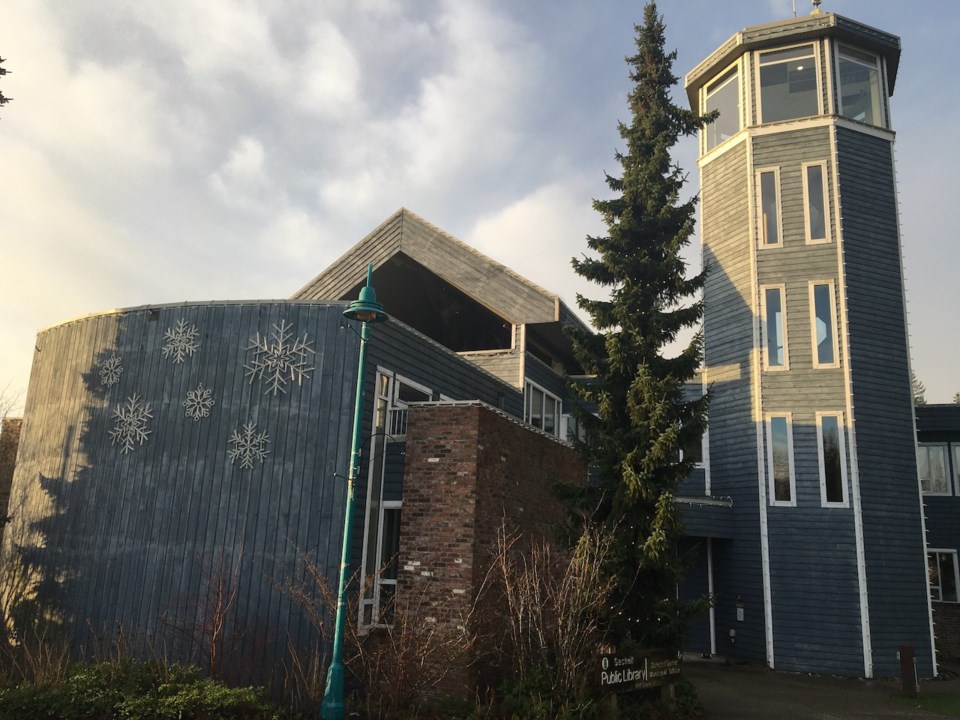In September 2022, Sechelt council adopted bylaws to regulate residential short-term rentals – one year later, the program is being reviewed and updated.
This week, Sechelt elected officials are looking at updating the municipality’s short-term rental (STR) bylaws and aligning them with newly released provincial legislation. A Nov. 8 committee of the whole will look at eliminating unhosted (secondary residence) STRs.
The staff recommendations on the agenda are:
- That no further Temporary Use Permit applications for Type 3 short-term rentals be considered due to provincial legislative changes mandating principal residency.
- That the operators of the six Temporary Use Permits for short-term rental approved in 2023 be notified that the Temporary Use Permit, and business licence, will expire upon adoption of provincial legislative changes.
- That Council direct staff, upon adoption of provincial regulations, to amend Zoning Bylaw No. 580, 2022 and Business Licence Bylaw No. 520, 2012 as necessary to remove reference to Secondary Residence and the option of a Temporary Use Permit for Type 3 short-term rentals.
It is also recommended that staff provide an update report to the committee in Q4 of 2024.
How are the provincial regulations affecting Sechelt?
On Oct. 16, the provincial government announced B.C.’s Short-Term Rental Accommodations Act, which includes new rules that apply to municipalities and regional districts and their ability to create and enforce STR regulations.
Premier David Eby said the change is to “return homes to people who need them.”
More than 16,000 entire homes are being used as short-term rentals for the majority of the year in B.C., the announcement said, making it more challenging for people to find affordable long-term rentals (and other types of affordable housing). At the time of the announcement, there were 28,000 daily active short-term rental listings in the province, up 20 per cent from the previous year.
Coming into effect on May 1, 2024, STR operators will be required to only host in their principal residence (plus one secondary suite, or laneway home/garden suite on the property), known as the principal residence requirement. It will apply to municipal populations of 10,000+ (including the District of Sechelt). Other local governments not included in the requirement (Gibsons, the SCRD, or Islands Trust) could choose to opt in.
Short-term rentals have been a longstanding point of contention on the Coast. Following the regulations’ adoption in October 2022, last spring Sechelt council approved four out of five applications for temporary use permits for secondary residence STRs, based on their ability to meet community goals.
In May, three more temporary use applications were approved, but one of the applicants was also approved for non-conforming use, and did not use their temporary use permit.
The district has also granted 24 temporary use permits to residents able to prove non-conforming status. Once the provincial legislation is adopted, non-conforming use of property will no longer apply to short-term rentals.
The committee meeting will be streamed live at 3 p.m. on Nov. 8 for those who wish to attend.
–With files from Keili Bartlett
Jordan Copp is the Coast Reporter’s civic and Indigenous affairs reporter. This reporting beat is made possible by the Local Journalism Initiative.



